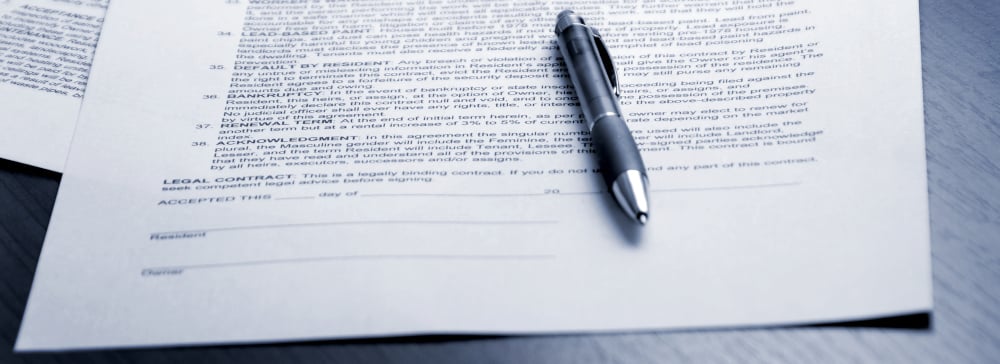Table of Contents
A settlement is an agreement between at least two parties in a legal action where one party agrees to end the legal proceedings in exchange for damages. Workers’ Compensation settlements in Florida can be voluntary, meaning an employee can choose never to settle their claim. Either party can propose a settlement at any time. The workers compensation attorneys at Kogan & DiSalvo could guide you through the settlement negotiations process if you have a workers’ comp claim.

There are different kinds of settlement agreements a Florida employee may receive in a workers’ compensation case depending on the rights their giving up and how they obtain the money. A full and final release of liability or partial release means that a claimant must give up their right to any more workers’ comp benefits available under state law for their injury. These injuries and illnesses may include those that happened while they were working for their employer before the settlement but that have not yet been identified as work-related, such as a repetitive stress injury or an occupational disease.
Skilled attorneys may be able to negotiate a limited settlement in which the injured employee receives money in exchange for the right to some of their workers’ compensation benefits. In this situation, the insurance company may continue to pay your medical bills. This type of agreement is relatively rare.
Lump-sum or structured settlements are more common and typically include the condition that the claimant must forfeit their employment. Most settlements give claimants a lump-sum of money, but in some cases, the insurance company may agree to pay compensation in installments over time. Structured agreements may frequently occur in cases involving catastrophic injuries because they can help seriously injured employees manage their settlement money and pay for long-term care.
An employee should consider entering into a workers’ compensation settlement as long as they fully understand the rights and benefits they may be giving up by entering into a settlement. A workers’ comp settlement in Florida may resolve all claims the employee has against their employer and insurance company for all types of benefits, even if their medical condition gets worse over time. This may include all future wages and medical treatment.
After a settlement, the employer and insurance carrier are not responsible for any further workers’ compensation benefits except those outlined in the agreement. The legal professionals at Kogan & DiSalvo could review an injured employee’s settlement offer to ensure that it is fair and explain what they may be giving up as a result of accepting the agreement.
When an injured worker receives all the medical care they need to return to the workforce, a doctor may place this person at maximum medical improvement (MMI). After a physician places an injured employee at MMI, the doctor may assign this person an impairment rating. The impairment rating assigned to the injured worker is important because it determines how much permanent impairment benefits compensation the worker is entitled to under the law, and therefore, what a settlement offer should entail. According to Florida Statutes §440.15(3), an injured worker is entitled to be paid permanent impairment benefits compensation within 14 days after the insurance carrier knows the assigned impairment rating.
Impairment income benefits are paid biweekly at the rate of 75 percent of the employee’s average weekly temporary total disability benefit. However, such benefits may be reduced by 50 percent for each week in which the employee has earned an income equal to or above their average weekly wage.
Impairment benefits are payable only for physical impairments. If an employee can prove they suffer from a permanent psychiatric impairment, benefits are limited to 1% permanent impairment. An employee is entitled to receive impairment income benefits the day after a doctor places them at MMI. The benefits are paid for the following periods of time:
For example, if a doctor assigned an injured worker a 12% impairment rating, they would receive 20 weeks pay for the first 10% impairment (10% impairment multiplied by 2 weeks according to the above chart), plus an additional 6 weeks (2% impairment multiplied by 3 weeks according to the above chart) for a total of 26 weeks paid impairment benefits.
Permanent impairment benefits are calculated at 75% of the employee’s average weekly temporary total disability benefit. For example, if the employee in our scenario received $500 per week in temporary total disability benefits, their permanent impairment benefit would be 75% of that or $375 per week for 26 weeks.

You should have experienced Kogan & DiSalvo attorneys on their side when handling a workers’ compensation settlement in Florida. Our attorneys could advise you on any settlement offer you may receive and ensure that you obtain a fair agreement. To learn what our legal team could do for your case, call today for a free consultation.
If you are injured and unable to come to us,
our attorney will come to you - there is no charge for us to do so.